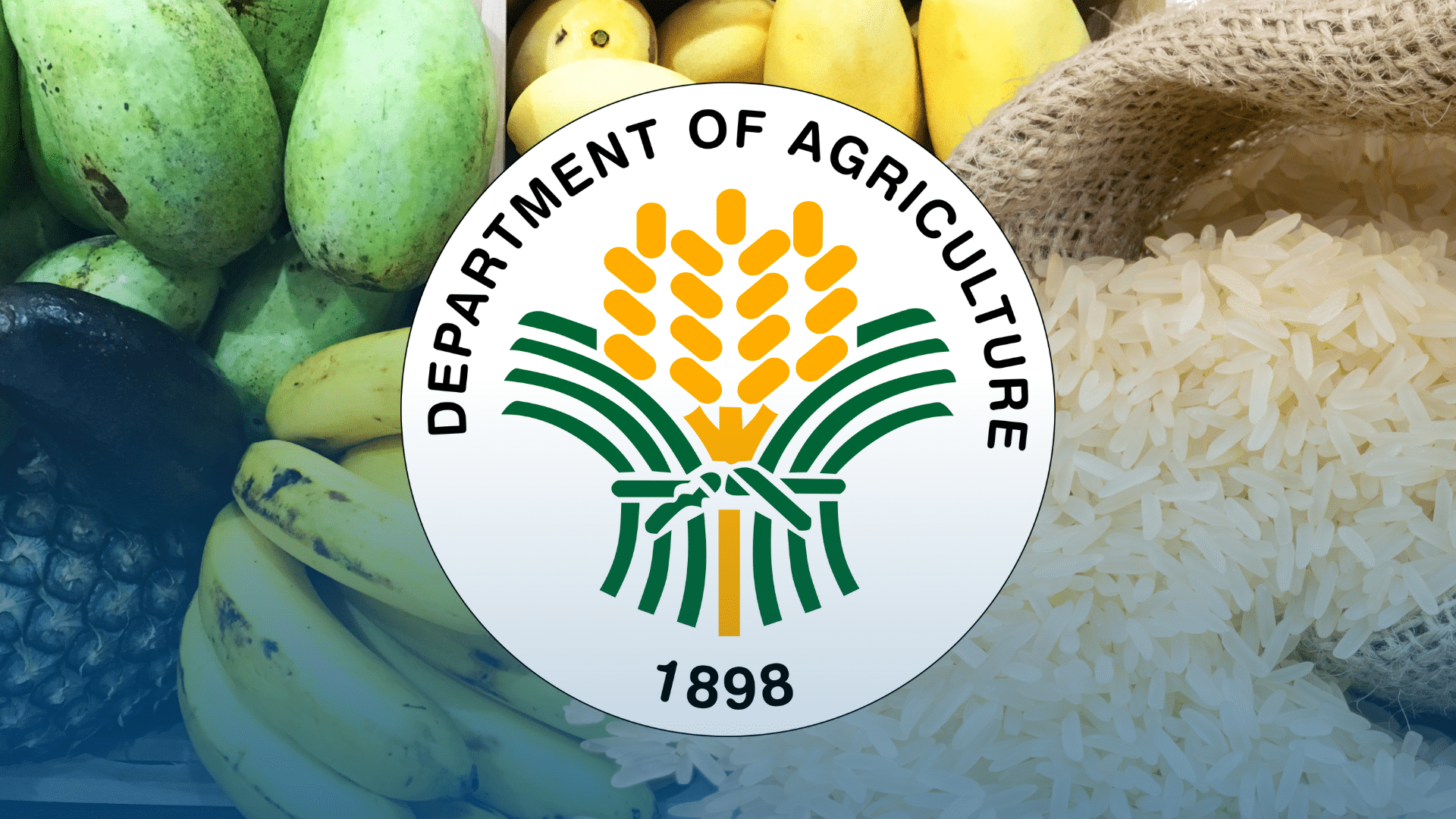
HANOI — Russian President Vladimir Putin signed a series of deals with his Vietnamese counterpart To Lam on Thursday, during a state visit that comes as Moscow is seeking to bolster relations in Asia to offset growing international isolation over its invasion of Ukraine.
The two signed agreements to further cooperate on education, science and technology, oil and gas exploration, and health. They also agreed to work on a roadmap for a nuclear science and technology center in the Southeast Asian country.
Following the talks, Putin said the two countries shared an interest in "developing a reliable security architecture" in the Asia-Pacific region based on not using force and peacefully settling disputes with no room for "closed military-political blocs."
Lam congratulated Putin on his recent reelection and praised Russia's "domestic political stability."
Putin arrived in the capital Hanoi early on Thursday morning from North Korea, where he and North Korean leader Kim Jong Un signed an agreement that pledges mutual aid in the event of war. The strategic pact that could mark the strongest connection between Moscow and Pyongyang since the end of the Cold War comes as both face escalating standoffs with the West.
Putin drove to the country's Presidential Palace on Thursday afternoon, where schoolchildren waving Russian and Vietnamese flags greeted him. There, he shook hands with and embraced Lam before their bilateral meeting and joint briefing to the media.
Russia is keen to maintain "close and effective cooperation" in energy, industry, technology, education, security and trade, said Russian Ambassador to Hanoi Gennady S. Bezdetko on Wednesday, according to Vietnamese official media.
The trip has resulted in a sharp rebuke from the United States Embassy in the country.
Much has changed since Putin's last visit to Vietnam in 2017. Russia now faces a raft of US-led sanctions for its invasion of Ukraine. In 2023, the International Criminal Court in The Hague issued an arrest warrant for Putin for war crimes. The Kremlin rejected it as "null and void," stressing that Moscow doesn't recognize the court's jurisdiction.
Putin's recent visits to China and now North Korea and Vietnam are attempts to "break the international isolation," said Nguyen Khac Giang, an analyst at Singapore's Iseas-Yusof Ishak Institute.
The US and its allies have expressed growing concerns over a possible arms arrangement in which Pyongyang provides Moscow with badly needed munitions for its use in Ukraine, in exchange for economic assistance and technology transfers that could enhance the threat posed by Kim's nuclear weapons and missile program.
Both countries deny accusations of weapons transfers, which would violate multiple United Nations Security Council sanctions that Russia previously endorsed.
Giang said Russia was important to Vietnam for two reasons: it was the biggest supplier of military equipment to Hanoi, and Russian oil exploration technologies helped maintain its sovereignty claims in the contested South China Sea.
"Russia is signaling that it is not isolated in Asia despite the Ukraine war, and Vietnam is reinforcing a key traditional relationship even as it also diversifies ties with newer partners," said Prashanth Parameswaran, a fellow with the Wilson Center's Asia Program.
Hanoi and Moscow have had diplomatic relations since 1950, and this year marks 30 years of a treaty establishing "friendly relations" between the two countries.
Evidence of this long relationship and its influence can be seen in Vietnamese cities like the capital, where the many Soviet-style apartment blocks are now dwarfed by skyscrapers and a statue of Soviet Union founder Vladimir Lenin stands in a park where kids skateboard every evening. Many of the Communist Party's top leadership in Vietnam studied in Soviet universities.
In an article written for Nhan Dan, the official newspaper of Vietnam's Communist Party, Putin vowed to deepen the ties between Moscow and Hanoi and hailed Vietnam as a "strong supporter of a fair world order based on international law, on the principles of equality of all states and non-interference in their domestic affairs."
Read The Rest at :




